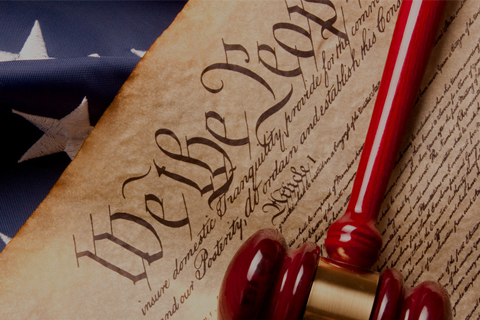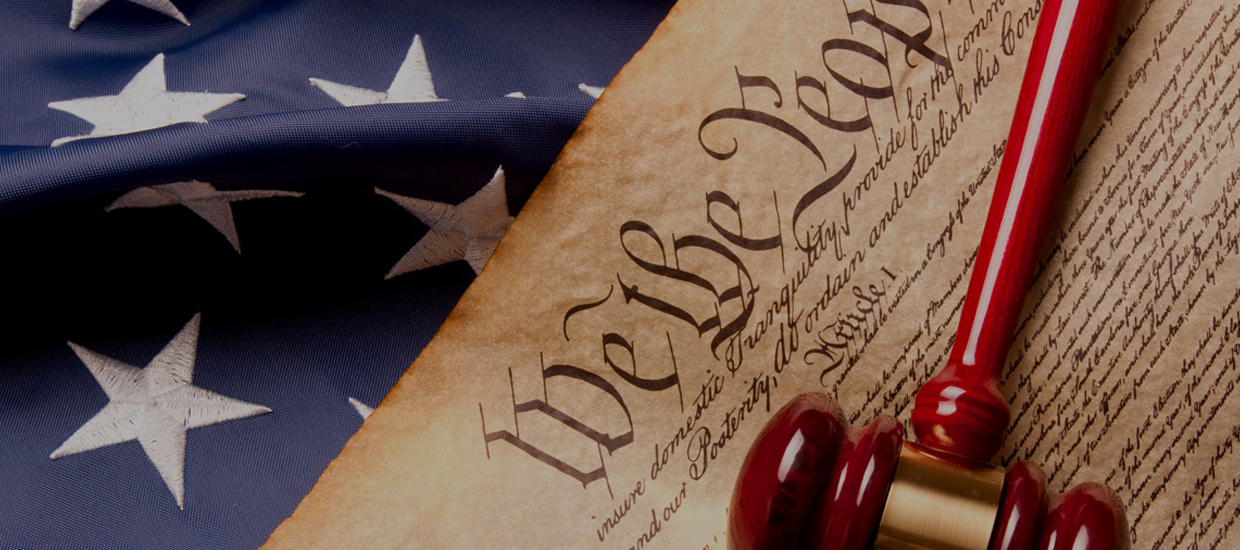**List is not exhaustive and is intended to provide examples of past externships and internships.
- ACLU (New York, NY and Atlanta, GA)
- ACLU of Florida, LGBTQ+ Rights Division
- Advocates for Justice in Education (DC)
- American Bar Association Commission on Immigration (DC)
- Americans for Immigrant Justice
- Baltimore City Public Defender's Office (Baltimore, MD)
- Capital Appeals Project (New Orleans, LA)
- Capital Area Immigrants’ Rights Coalition (Washington, DC)
- Center for Constitutional Rights (New York, NY)
- Center for Reproductive Rights (New York, NY)
- Children's Law Center (DC)
- Children's Rights (New York, NY)
- Dallas County District Attorney's Office (Dallas, TX)
- Equal Employment Opportunity Commission
- FairVote (DC)
- Florida Justice Institute
- Lambda Legal (New York, NY)
- Lawyers' Committee for Civil Rights Under Law (DC)
- MacArthur Justice Center (New Orleans, LA)
- Miami-Dade Legal Aid
- Miami-Dade Public Defender’s Office
- Miami-Dade State Attorney’s Office
- Multicultural Media, Telecom & Internet Council (DC)
- National Women’s Law Center (DC)
- National Youth Law Center (DC)
- San Diego Public Defender's Office (San Diego, CA)
- Texas Civil Rights Project (Austin, TX)
- The Arc National Center on Criminal Justice and Disability (Washington, DC)
- The Legal Aid Society (Bronx, NY)
- U.S. Court of Appeals, 11th Circuit
- U.S. Department of Education Office for Civil Rights (Atlanta, Georgia)
- U.S. Dept. of Justice, Office of Environmental Justice (DC)
- U.S. District Court, Southern District of Florida
- U.S. Department of Justice, Criminal Division (DC)
- U.S. Equal Employment Opportunity Commission
- U.S. Immigration and Customs Enforcement
- Young Center for Immigrant Children’s Rights (Chicago, IL)





